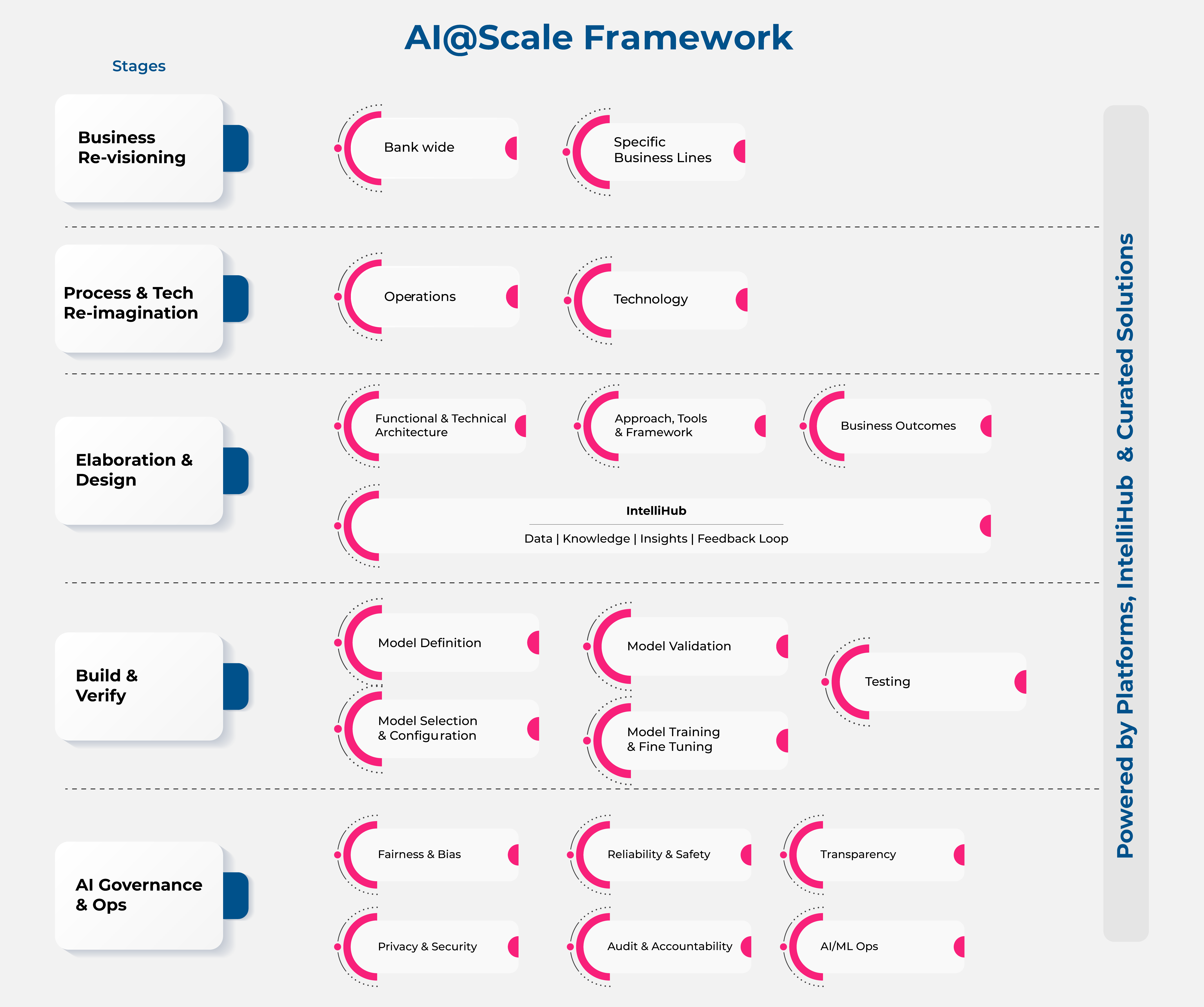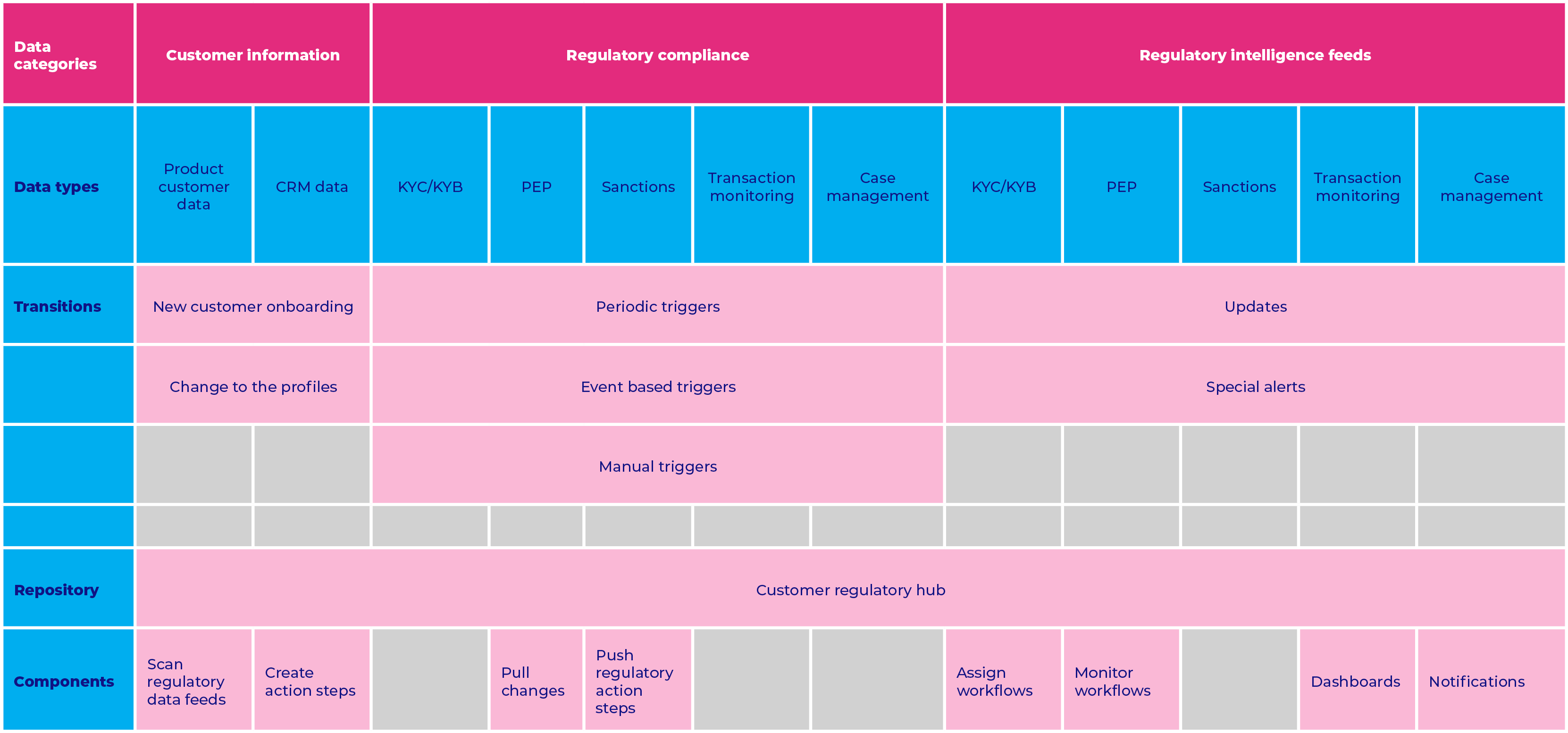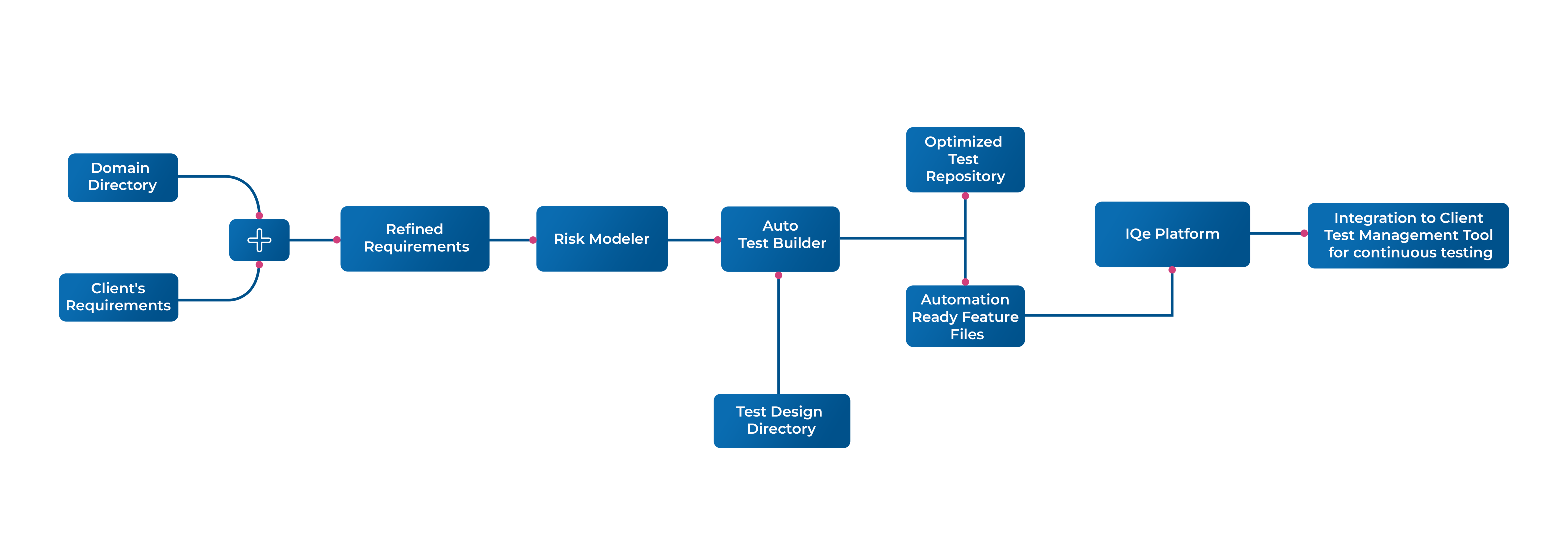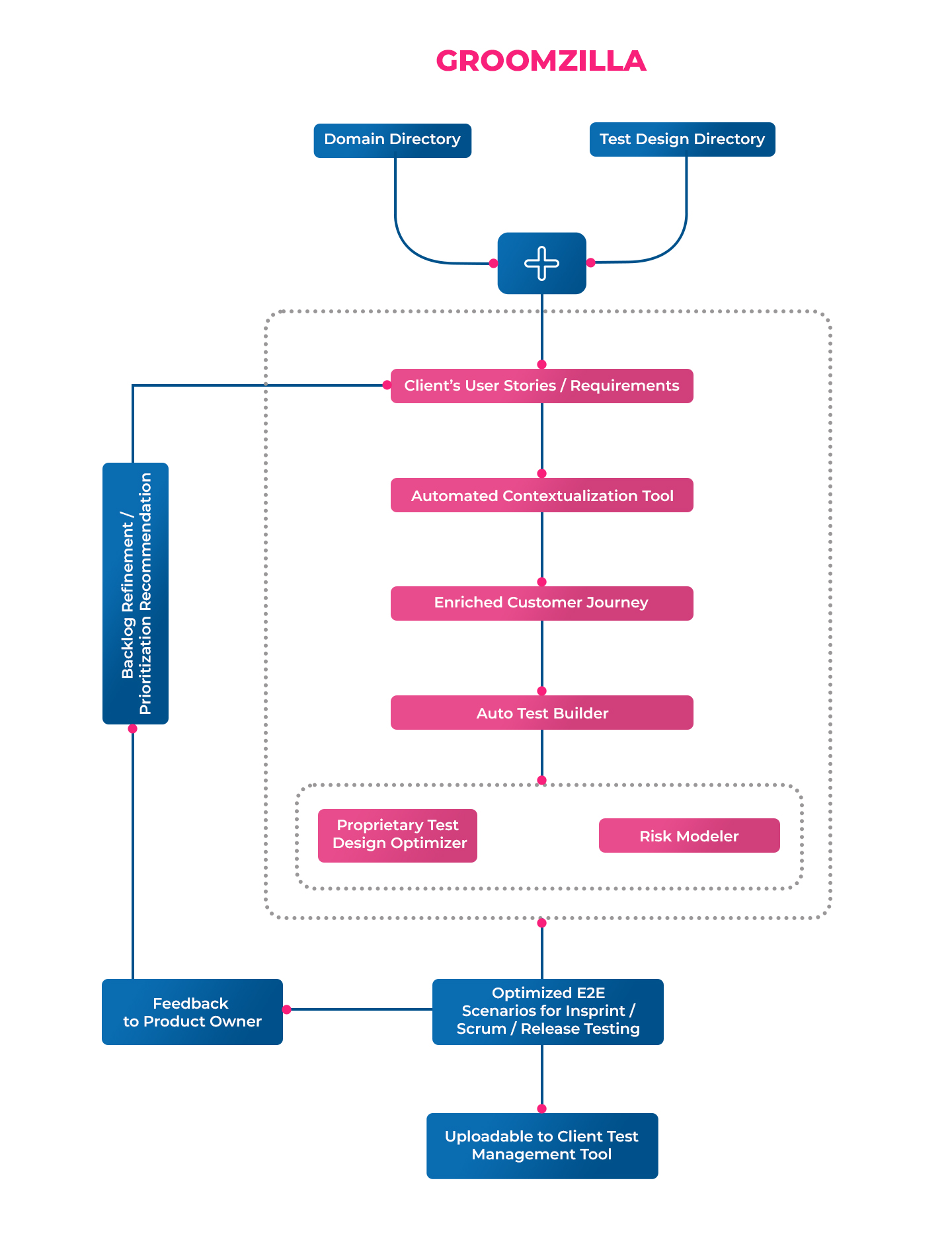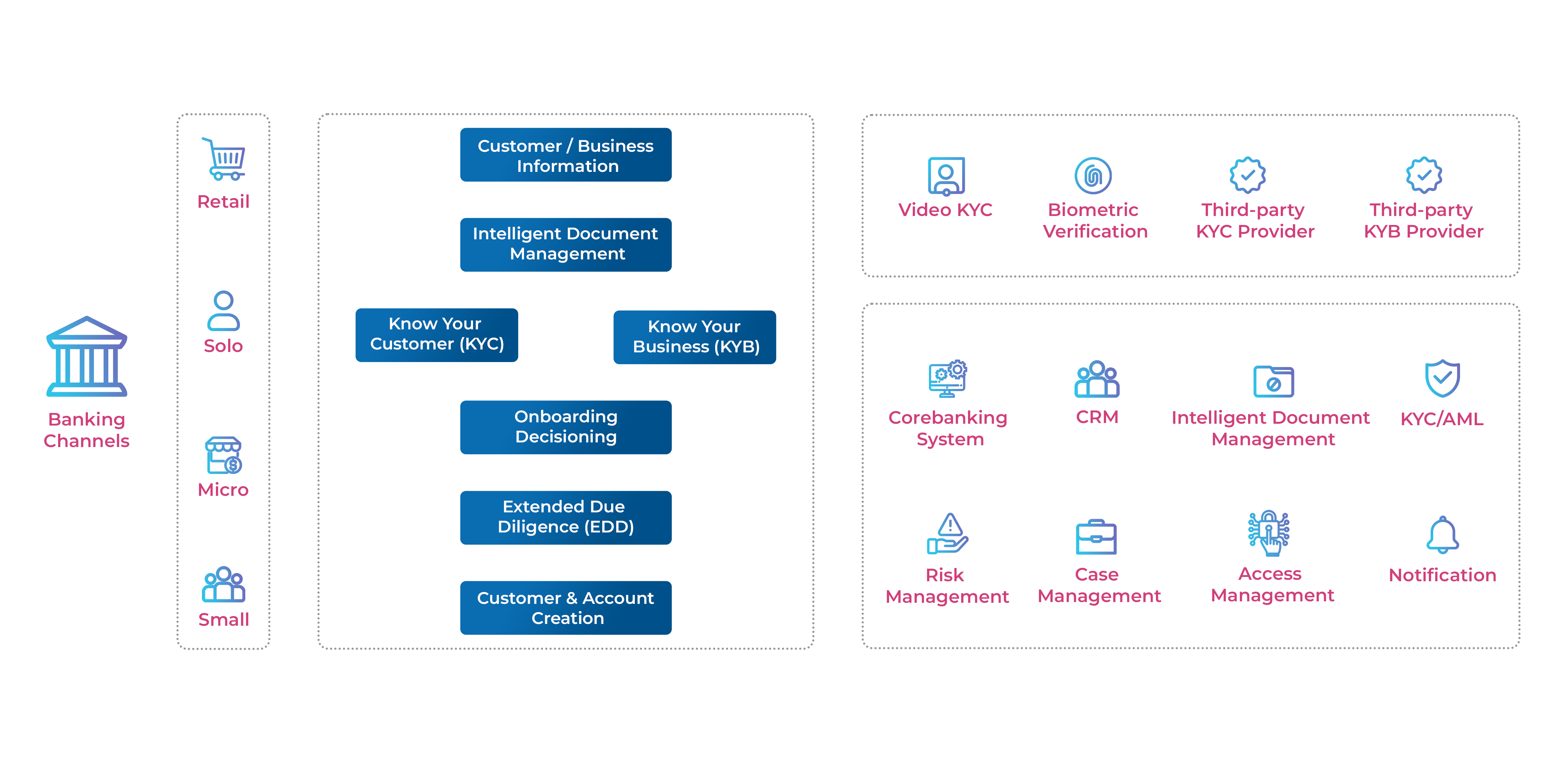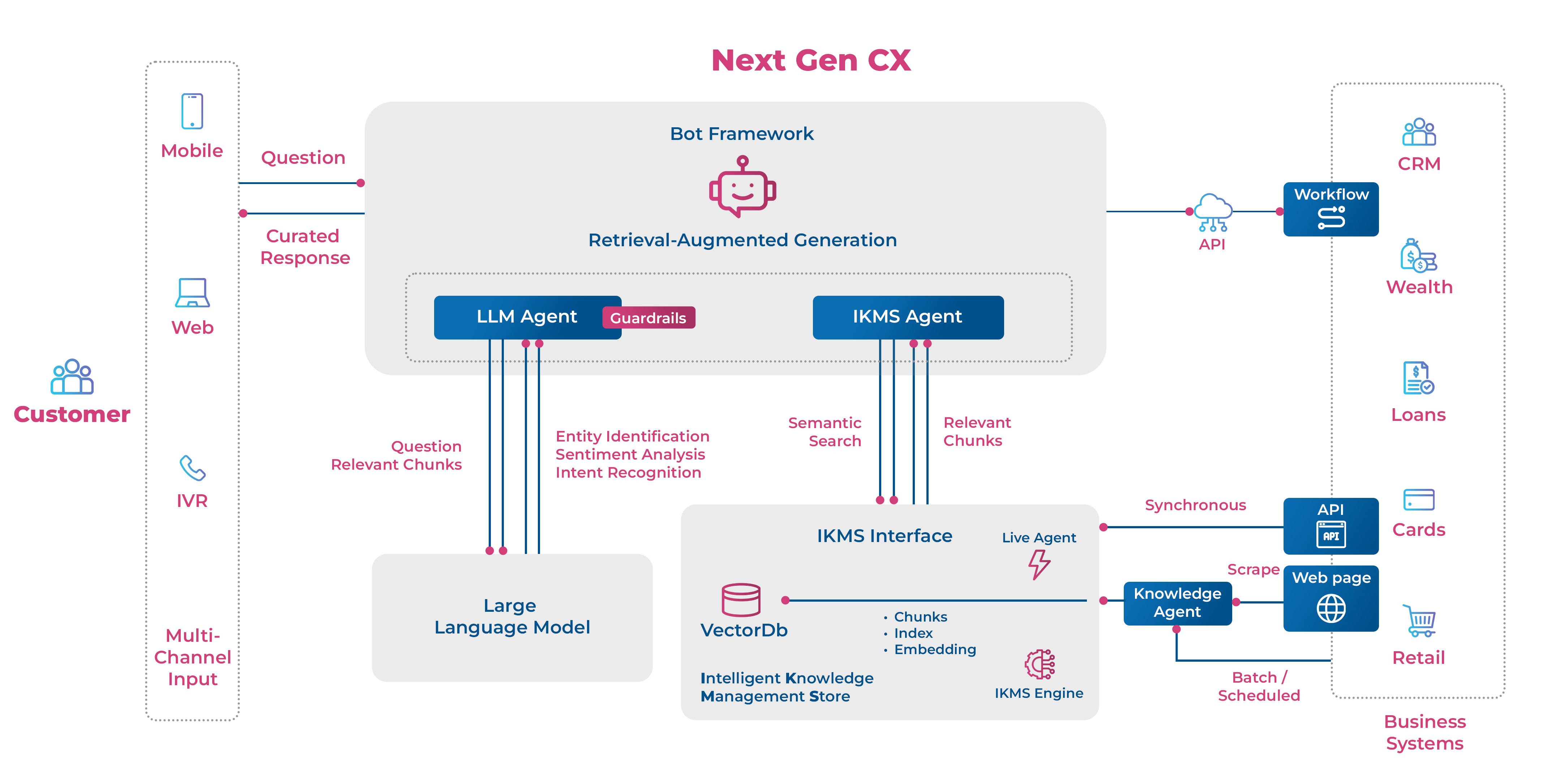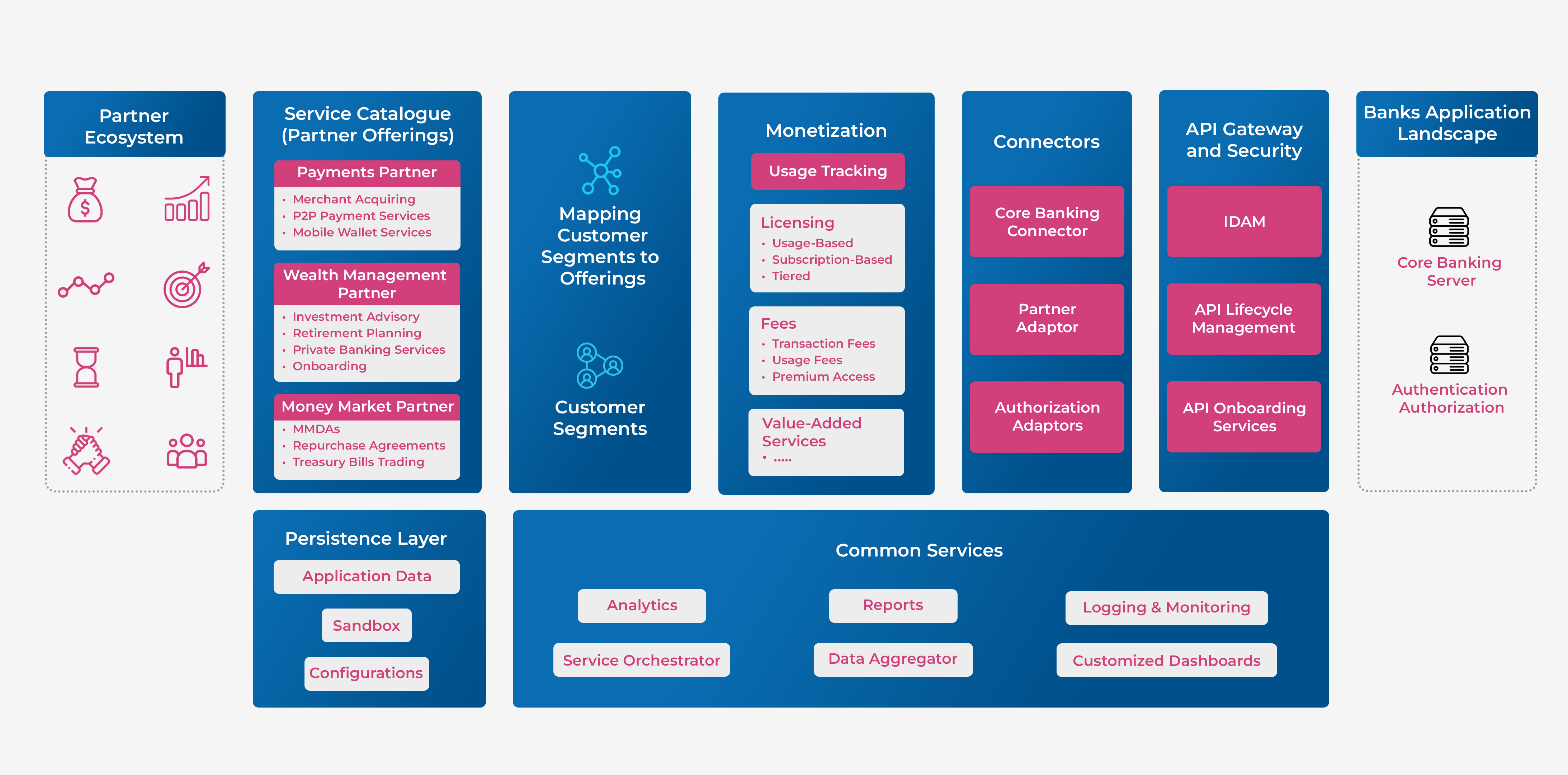Maveric Banking Edge Podcast Series.
Tune into Experiences Delivered by Global Experts – E.D.G.E
Host

Speaker

Also available on
Tune into Experiences Delivered by Global Experts – E.D.G.E
Host
Speaker
Also available on


Understanding and Managing Consent Orders in the Financial Industry
Consent orders in the financial industry are legally binding agreements between regulatory authorities and financial institutions that address significant breaches of regulatory standards. These orders serve as a crucial tool for maintaining integrity and compliance in the complex landscape of financial regulation. With watchdogs deploying sophisticated technology to identify wrongdoing, Fis must prioritize integrating more intelligent financial crime technology to enhance their AML and KYC capabilities.
Join our latest episode of the Maveric Banking Edge Podcast Series, where we delve into consent orders within the banking sector.
Industry Realities.
Understanding and Managing Consent Orders in the Financial Industry, global financial regulators levied 80 fines totaling $263,252,003 in the first half of 2024 for non-compliance with anti-money laundering (AML) regulations, including KYC, sanctions, suspicious activity reports, and transaction monitoring violations. This represents a 31% surge in the value of fines compared to the same period in 2023, highlighting the increasing regulatory scrutiny and the critical importance of robust compliance programs in the financial sector.
Primary Discussion Points:
- Drivers of Consent Orders: Understand the factors contributing to the increase in consent orders, from the impact of the 2008 financial crisis to the evolving technological landscape.
- Root Causes: Explore the common deficiencies within financial institutions that lead to consent orders, including operational gaps, compliance issues, and risk management failures.
- Best Practices: Learn practical strategies for managing and mitigating consent orders, such as proactive communication with regulators, robust governance structures, and a strong emphasis on data quality and interpretation.
Why You Should Tune In.
This podcast will provide you with actionable strategies to ensure regulatory compliance and safeguard the stability of the financial system:
- Understand the Drivers: Learn about the critical factors contributing to the rise in the consent order.
- Identify Root Causes: Discover common deficiencies within financial institutions that lead to regulatory actions.
- Develop Effective Strategies: Gain insights into managing and mitigating consent orders for enhanced compliance.

Podcast Recommendations.









